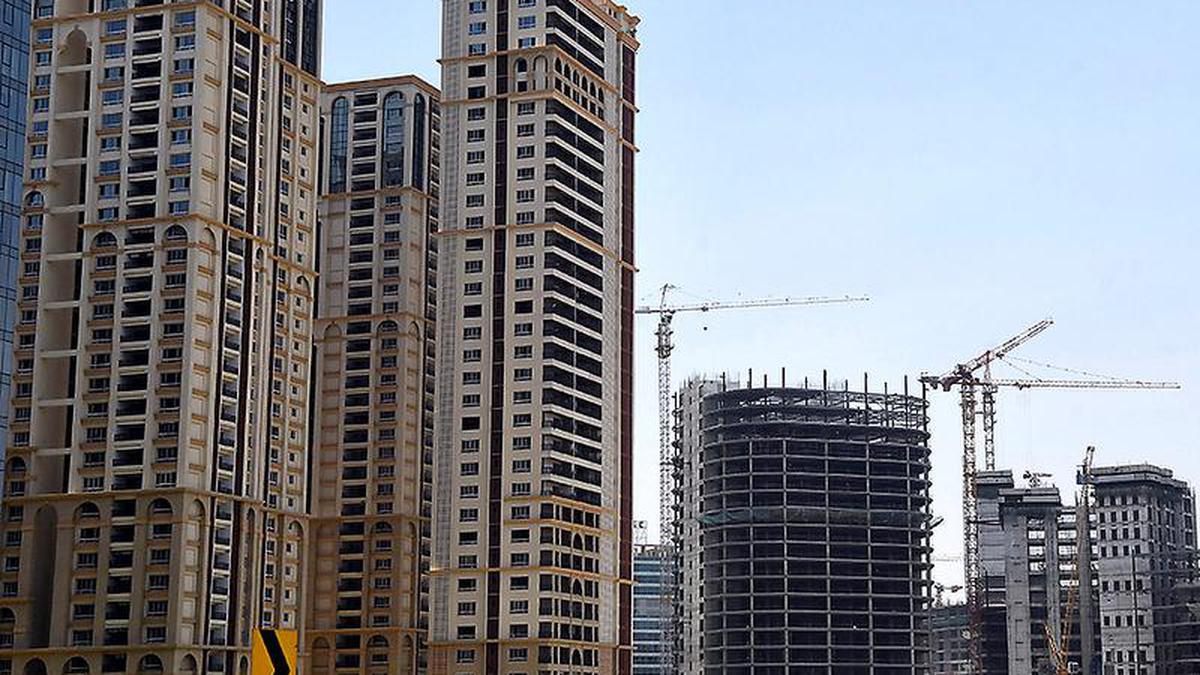
Hyderabad residential property market witnesses 5% year-on-year price growth, reveals data
The Hindu
According to the latest data released by PropTiger.com, an online real estate brokerage company, the residential property market in Hyderabad has shown a steady year-on-year appreciation of 5%.
According to the latest data released by PropTiger.com, an online real estate brokerage company, the residential property market in Hyderabad has shown a steady year-on-year appreciation of 5%. The average prices in the city range between ₹6,400 and ₹6,600 per square foot.
The report titled ‘Real Insight Residential – April-June 2023’ showed that the weighted average price of residential properties across eight major Indian cities reached ₹7,000-7,200 per square foot during the April-June period.
Comparatively, other States have witnessed higher property prices than Hyderabad. Gurugram, for instance, has experienced a significant 12% year-on-year increase, with average prices ranging from ₹ 7,000 to ₹7,200 per square foot. Bangalore follows closely behind with an average price range of ₹6,300 to ₹6,500 per square foot, reflecting a 9% year-on-year change. In Noida, the average price range is ₹5,600 to ₹5,800 per square foot, marking an 8% year-on-year increase.
Ahmedabad, on the other hand, has an average price of ₹3,700 to ₹3,900 per square foot, demonstrating a 7% year-on-year change. Kolkata experienced an average price range of ₹4,600 to ₹4,800 per square foot, showing a 6% year-on-year increase. Delhi NCR saw an average price range of ₹4,800 to ₹5,000 per square foot, also with a 6% year-on-year change.
The overall real estate market in India, when considering all major cities, averaged at ₹7,000 to ₹7,200 per square foot, representing a 6% year-on-year surge.
“Housing prices have been on the rise in major Indian cities in the post-COVID years. While the upward trajectory in capital values is attracting investors to India’s key real estate markets, the increase in new supply is helping to stabilise the price hikes,” shared Vikas Wadhawan, business head at PropTiger.com, about the current market trend.













